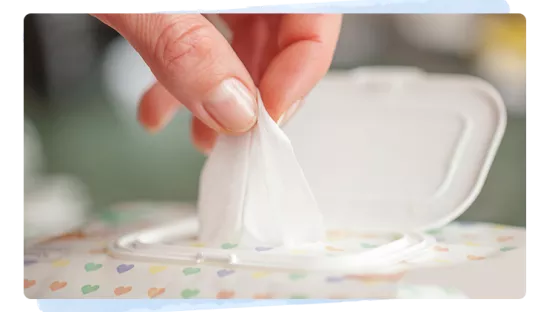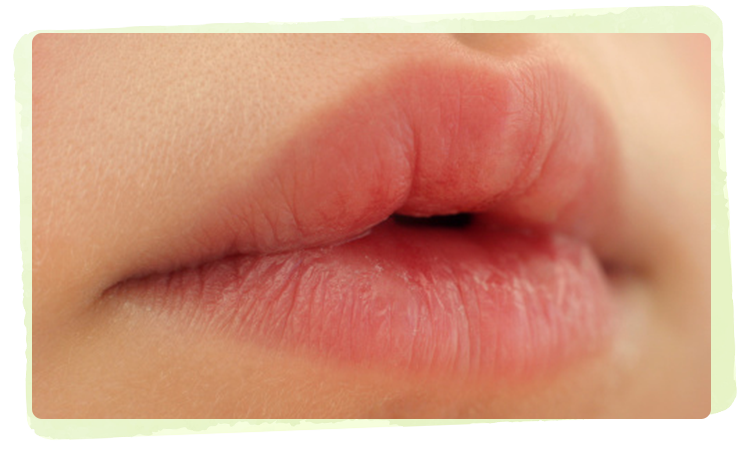
My little one’s poop is watery. Is that normal?
Changing a child’s diaper many times a day is something most mums are familiar with. After all, they poop one to three times a day, which becomes less frequent as your little one gets older. But if you’ve been noticing stools becoming more watery than usual at a frequency of up to 12 times a day1, it could mean that your little one has diarrhea.
There could be many reasons why your baby has runny stool, ranging from teething (due to an increase of salivation that reaches the gut) to a possible stomach virus infection.2
How to take care of a baby with an unhappy tummy3
- More frequent bowel movements mean you’d need to change out his/her diapers more than twice a day. Take care of your baby’s sensitive skin and prevent diaper rash by:
- Changing the diaper as soon as it is soiled
- Cutting down on using wipes and use water to clean instead
- Letting your baby’s bottom dry completely before putting on a clean diaper
- Using diaper cream generously
If you see frequent water poop, your baby is likely to be losing a lot of fluid. This could lead to dehydration, which can happen very quickly. Give your baby more water to keep the little one hydrated. However, if you observe the following symptoms, do consult with your doctor immediately.

Signs that your baby is dehydrated
- Dry eyes and little to no tears when crying
- Lethargy
- More irritable
- Dry mouth
- Dry skin
- Sunken eyes
- Sunken fontanelle (the soft spot on top of the head)
As your little one grows, his or her gut flora matures, which means that you might observe irregular pooping habits. However, if your baby is younger than three-months-old, pay special attention if his or her diarrhea is accompanied by a high fever, crying and a lack of urine for more than three hours. If so, do call your pediatrician and seek professional advice1.
References:
